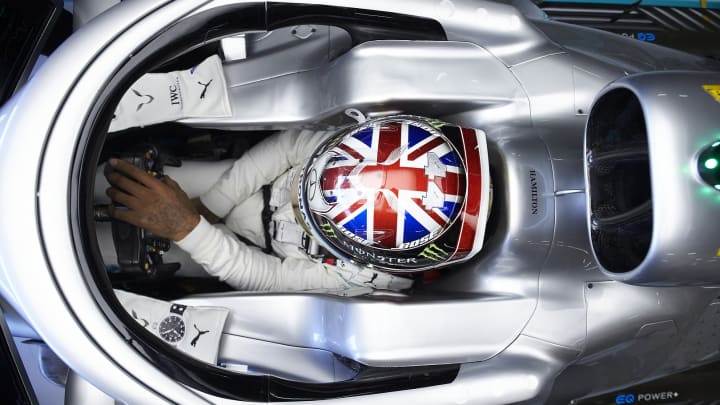F1 News: Red Bull And Max Verstappen Blamed For British GP Ticket Slump

The Silverstone Circuit, the iconic home of the British Grand Prix, is facing an unusual slump in ticket sales for the 2024 race, and the fingers are pointed at Red Bull Racing's dominance in Formula 1. Stuart Pringle, the Managing Director of Silverstone, has openly linked Red Bull’s recent superiority in the sport as a probable dampener on fan enthusiasm and ticket demand.
Pringle shared his concerns regarding the repetitive outcomes of races dominated by the same team, suggesting that such predictability could significantly detract from the excitement and unpredictability that typically defines a thrilling race weekend. He explained to Autosport:
“Historically we’ve always had to promote up until the end, but definitely there was a discernible bounce post-Covid.
“That wasn't unique to motorsport or Formula 1. Indeed, it was seen in other sports and entertainment events.
“But if there is a strong likelihood of the same winner, and the jeopardy is taken out of sport, it does take the edge off it. Last year was very repetitive in terms of one team dominated and they set off this season in the same vein.
“Things may be changing now, and I do recognise that we had several years of a British driver dominating the championship, and we didn't mind that so much as a British promoter! But it's certainly been a lot harder with Red Bull dominating.
“Also, as a promoter, you have to get your ticket pricing strategy correct. You could make these things go quicker if you reduce price.
“But we have got expensive bills to pay, not less the promoter fee, so it's about hitting a strategy and making sure it works, which we're pretty comfortable with.”
Despite the enduring fanfare that followed the surge in popularity from Netflix's "Drive to Survive", the anticipated attendance for the upcoming 2024 event is lagging, with tickets still available—a stark contrast to the 2022 event which marked the quickest sell-out in the race's history.
Amid rising ticket prices, some fans have articulated frustrations, suggesting that Formula 1’s continued commercialization is edging out regular attendees. In defense of the dynamic pricing strategy that has attracted criticism, Pringle draws parallels with other industries:
“In truth, it's been like that since the mid-1980s,” he said. “We had a flyer that we used to put in Little Chefs that said the first 10,000 tickets were at this price, or some years it was ‘book by this date’ for this price.
“Of course, it has become more refined than that in the digital age, but is it absolutely the way that society is going across everything from train tickets to airline tickets.
“One of the pub chains prices its pints differently on a Friday evening and Saturday evening compared to the rest of the week.
“We're a promoter. We need to incentivise people to part with their money. We need cash in the business. We need to know that we're going to be able to pay our bills. So, I have no problem at all with incentivising people and rewarding them for booking early.
“If you make a late decision to come, then you do so cognizant of the fact that that's what it's going to cost. They have a choice to make about whether or not they would like to attend at that price.
“You can still buy a buy a three-day weekend ticket today that includes Friday night with Stormzy, Pete Tong, Rudimental plus all that other stuff, and weekend grandstand seat, for £359. It is £100 to watch one game of football.
“So, the value is there. And the evidence is that 488,000 people who visited last year felt that was the case. So, I think it’s working.”
Looking ahead, Pringle remains hopeful that a resurgence in performances by British drivers in upcoming races like the Spanish and Austrian Grands Prix might reignite local interest and boost ticket sales for the British round. This indicates a more profound concern about how the sport's competitive balance and pricing strategies impact long-term fan engagement and accessibility.
